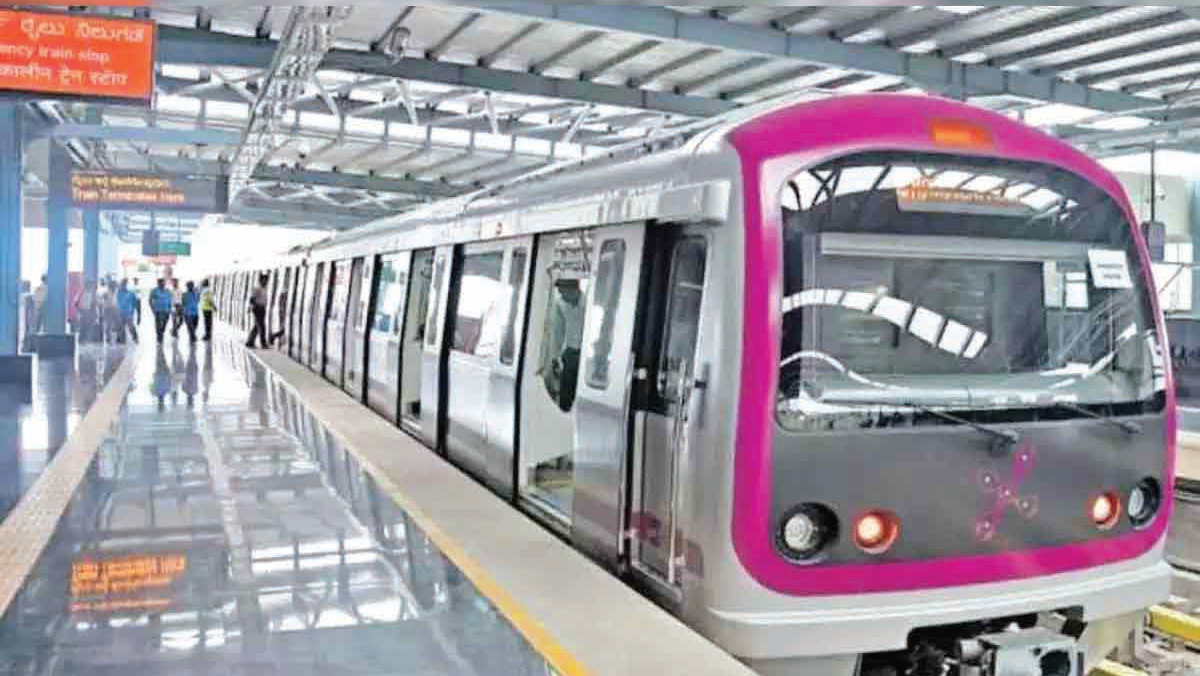
Hike sparks commuter outrage, ridership dip
Bengaluru: The fare hike implemented by Bangalore Metro Rail Corporation Limited (BMRCL) on 9 February has triggered protests, commuter dissatisfaction, and a decline in ridership. The revised fares saw an increase of up to 45%, with the maximum fare rising to ?90. The hike was approved by the BMRCL board, chaired by Srinivas Katikithala, Secretary of the Union Ministry of Housing and Urban Affairs, after the Fare Fixation Committee (FFC) led by Justice (retired) R Tharani submitted its report on 16 December.
The three-member committee, constituted by the Union Government upon BMRCL’s request, last revised fares in 2017. It reportedly suggested retaining discounts on smart cards and recommended a 5% discount on off-peak travel. However, BMRCL had initially sought a hike exceeding 100%, citing rising operational costs, such as salaries, and loan obligations amounting to ?10,422 crore. Despite the fare revision, technical glitches and anomalies have led to widespread commuter outrage.
The impact was evident in a decline in ridership, with BMRCL recording 7.62 lakh passengers on 9 February – a drop of over one lakh from 8.67 lakh on 5 February. Karnataka Chief Minister Siddaramaiah also urged BMRCL to reconsider the hike. However, BMRCL Managing Director Maheshwar Rao ruled out any rollback, confirming that the maximum fare of ?90 would remain unchanged. He explained that fare slabs would now be determined based on the number of stations travelled rather than the total distance, as most metro stations are spaced one kilometre apart. Under the previous system, fares were calculated by distance, with journeys exceeding 25 km charged at the highest fare of ?90.
Under the new slab system: A ticket from MG Road to Baiyappanahalli (6.7 km) previously cost ?40 but is now ?30, as it falls under the 4–6 km slab with five stations. A ticket from Peenya Industry to Sampige Road (9.9 km) was previously ?30. Under the new distance-based fare slab, it could have risen to ?60.
However, by switching to a station-based calculation (9 stations), the fare is now ?50. This change reduced the fare hike cap from the originally proposed 100% to 71%. Despite these adjustments, commuters and activists remain dissatisfied, arguing that public transport should be affordable. They have suggested alternative ways for BMRCL to generate revenue without burdening passengers.
 English daily published in Bengaluru & Doha
English daily published in Bengaluru & Doha






